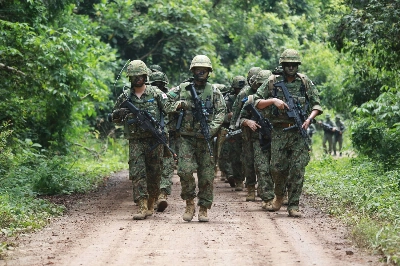The Kyoto Protocol, which was once pushed to the edge of collapse, has barely survived. On Monday delegates to the U.N. climate talks in Bonn — the sixth session of the Conference of the Parties (COP6) to the Framework Convention on Climate Change — reached a last-minute agreement on rules for implementing the protocol, which commits developed nations to cut emissions of carbon dioxide and other greenhouse gases responsible for global warming.
The agreement, which came at the end of an all-night marathon, is the fruit of great efforts made by delegates to save the Kyoto treaty. Now there is a fairly good chance that, barring major glitches, it will come into force following the necessary process of ratification. The United States, by far the largest emitter of greenhouse gases, remained opposed to the pact, not only in Bonn but also at the G8 summit in Genoa.
The Bonn accord, which makes up for the summit's failure to support the protocol, paves the way for closer international cooperation to combat global warming. In an ironic twist, the U.S. rejection of the Kyoto pact has played a role in rescuing it. Washington's boycott has created a sense of crisis among other nations, including Japan and European states, and brought them close together in a common effort to keep the ball rolling.

















With your current subscription plan you can comment on stories. However, before writing your first comment, please create a display name in the Profile section of your subscriber account page.